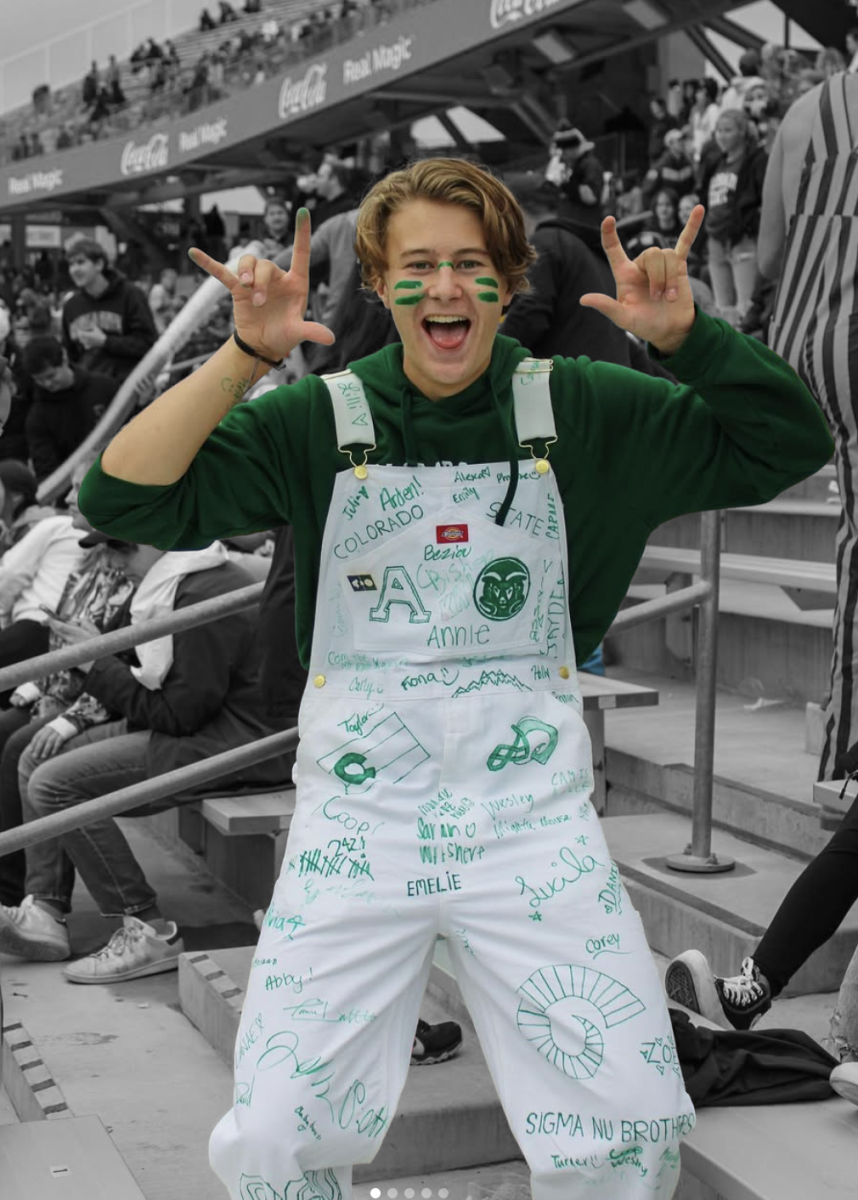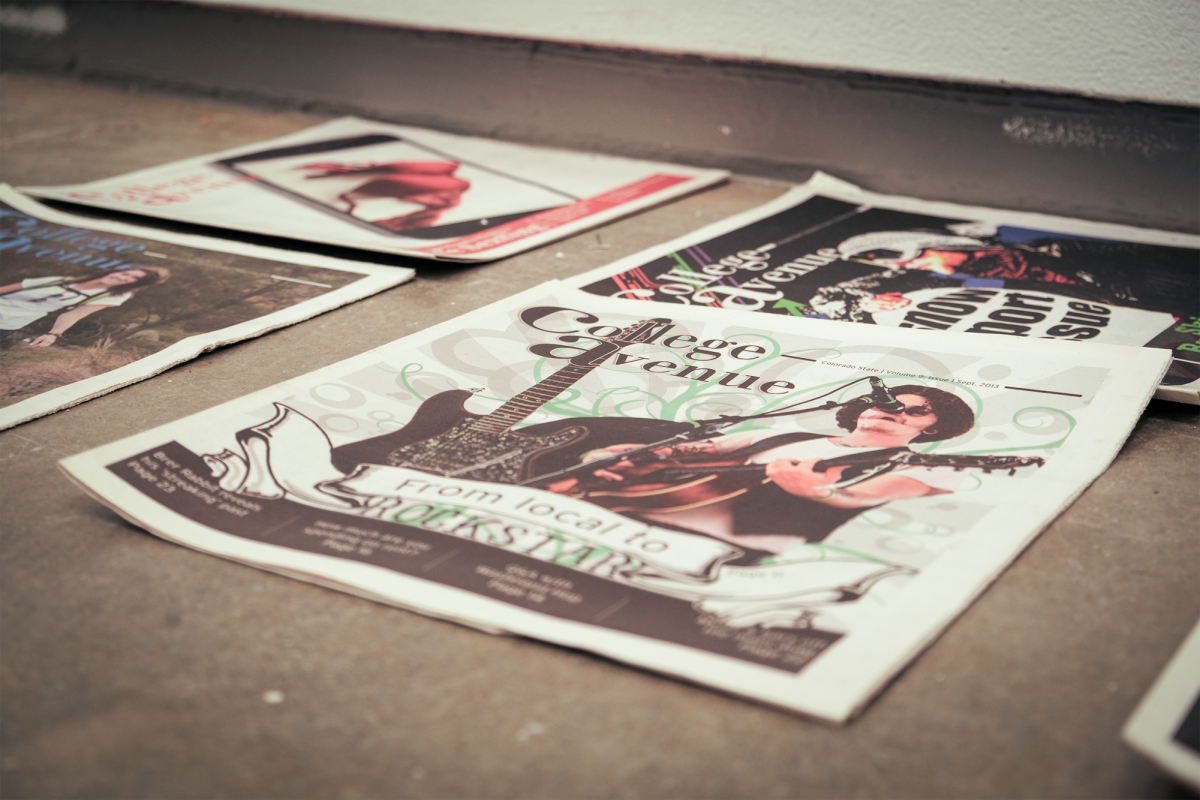It seems that any movie released in the theaters nowadays is a book to movie adaptation (“Gone Girl”and “The Maze Runner” to name a few). Movie producers are drawn to illustrating the words of best-selling authors while A-list actors are enlisted to take on the roles of the beloved characters that readers identify themselves with. Many adaptations, when in the wrong director’s hands, flop at the box office, while others flourish and encourage sequels. Others have been turned into hit television series (“Pretty Little Liars,” anyone?). Hollywood is crazy for adapting books to the big screen, but what exactly accounts for the rise in popularity?
A book to movie adaptation is essentially an advertisement for the book, bringing new people to fandom. Instead of reading the book, one can just watch the film and immediately feel like part of the character’s world. Book-to-film agent and Colorado State alumnus Adrian Garcia stressed that with adaptations, there is already “pre-branded awareness” as there is already a built in audience for the book curious to see how it will be translated to film. In turn, it causes spikes in book sales, as people who are enamored by the film are curious as to how the book compares. It is a benefit when it comes to the classics; movies help the viewer understand the plot and break the language barrier because, let’s be honest, who understands the Old English in “The Prince and the Pauper”?
From a producer’s standpoint, it allows him or her to add his or her own perspective to the story, which is a reason we have several variations of “A Christmas Carol.” They can take a completely new angle on the story, something completely different than what the author originally intended. Producers also bring to life the emotions of the character and the atmospheres of the settings. The entire “Harry Potter” series does this exquisitely; from the portrayal of Diagon Alley to the action-packed Quidditch scenes, even to the portrayal of the characters, the movies brought the renowned series to life.
“Movies do what they do wonderfully, and I feel that the director’s vision and handling of books and stories can often show us something new, said English professor Leslee Becker. “It’s a different medium, after all. In another words, I wouldn’t expect any artist, famous or not, to do an “accurate” portrait of me on a canvas.”
Without a doubt, there is a risk when producing book to movie adaptations. There is pressure on both the director and the actors to produce something that meets fan’s expectations. Take the “Hunger Games” series; Jennifer Lawrence, who plays Katniss Everdeen, was asked by Collider what it was like playing a character that so many people envisioned from reading the books, and her response was that it was a “scary thing to go into, knowing that so many people already have pictures or an idea of what your character is.” Lawrence’s performance, alongside Josh Hutcherson and Liam Hemsworth, who play Peeta Mellark and Gale Hawthorne, respectively, merit the production of the rest of the trilogy. However, other series, such as “Percy Jackson and the Olympians,” was canned after two films flopped at the the box office.
“They did a great job [adapting “The Fault in Our Stars“], the only thing that bothered me was that the book explains why it is titled “The Fault in Our Stars,” said Meagan Loyd, an undeclared freshman. “It doesn’t in the movies. That’s a big part to understanding it.”
One of the biggest complaints is that movies and television shows don’t do the book justice. They miss parts, change the plot drastically or even capture the characters completely wrong. The “original” book fans notice and react harshly, while newbies to the fandom could care less. Even in the most successful adaptations, they will miss something to upset the book fans. But hey, the folks in Hollywood are happy aren’t they?
To buy any of the listed titles, check out Barnes and Noble, winner of the Best of CSU’s category for best bookseller, located at 4045 S College Ave.
This article was created for the 2014 Best of CSU issue produced by the College Avenue Magazine staff.
































